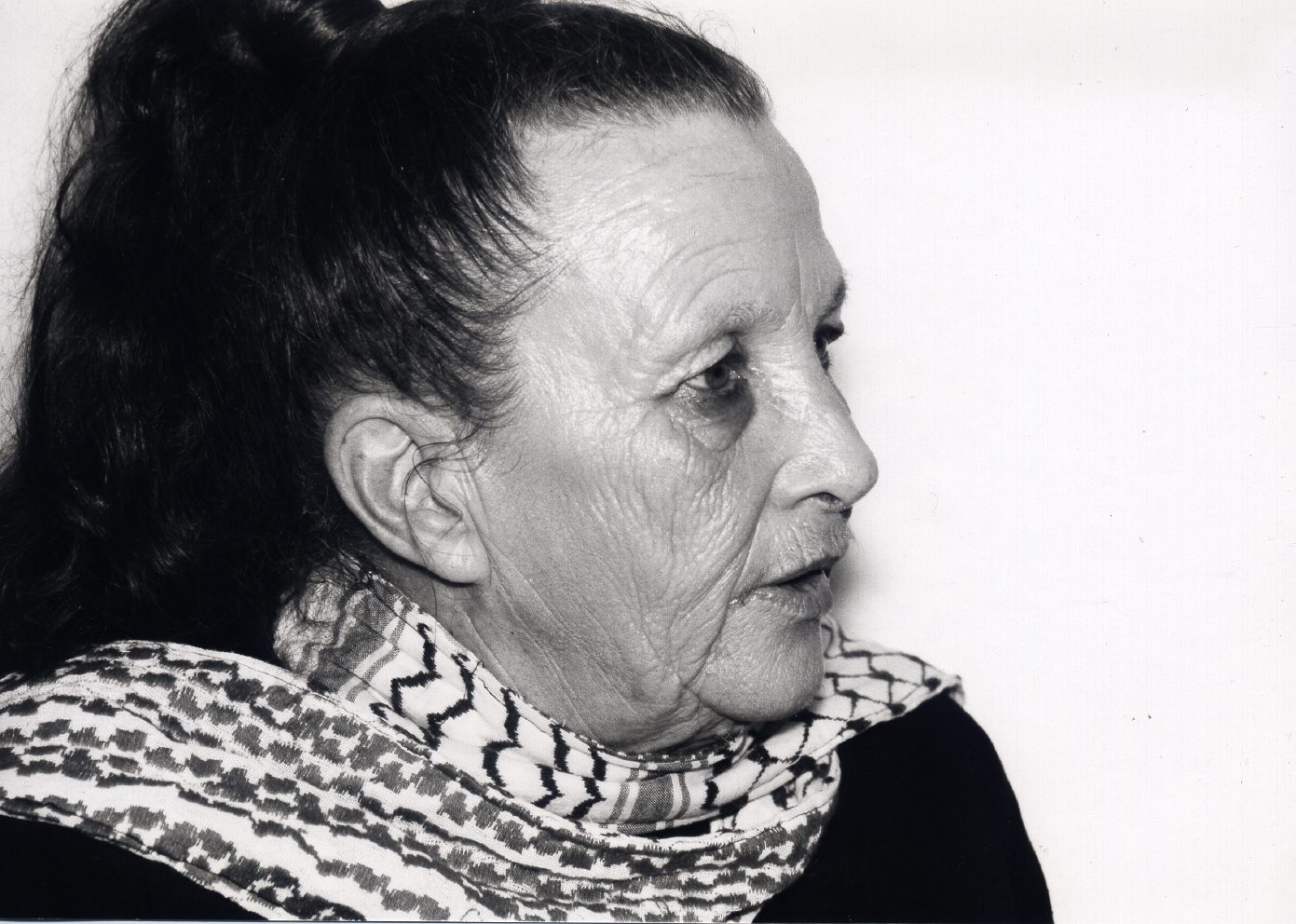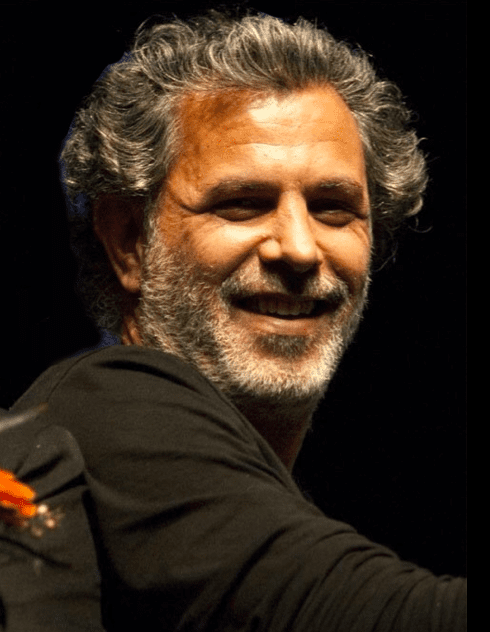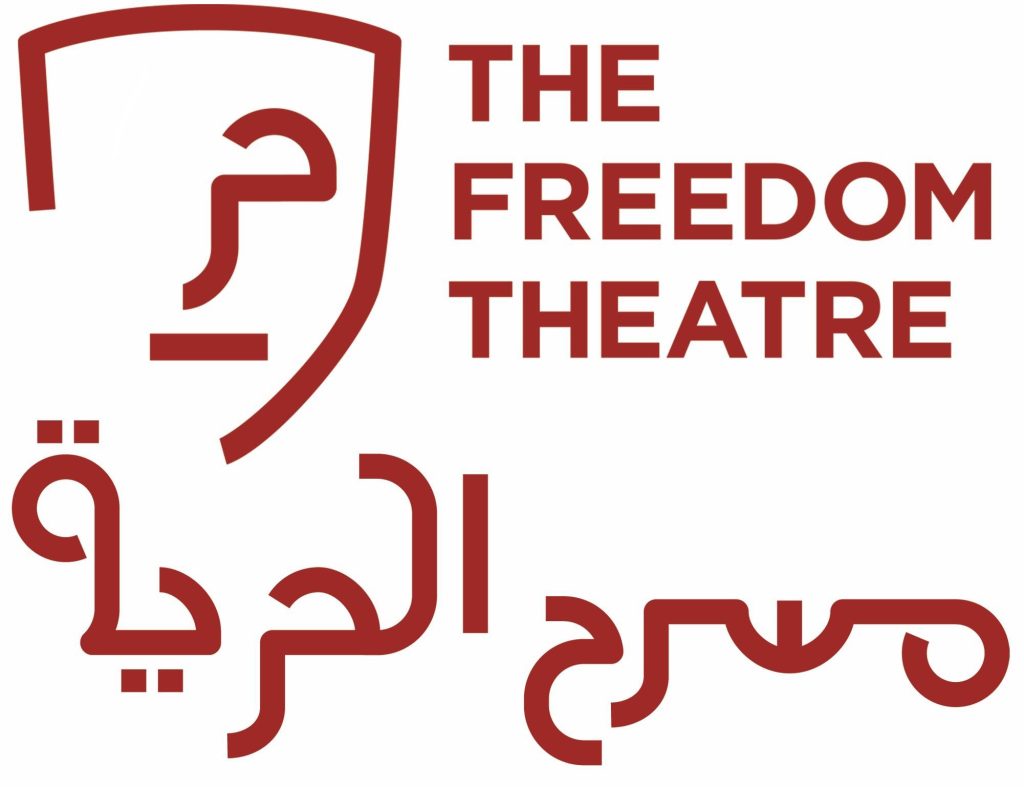Our Legacy

The Freedom Theatre draws its inspiration from a unique project, Care and Learning, which used theatre and art to address the chronic fear, depression and trauma experienced by children in Jenin Refugee Camp. Set up during the first Intifada the project was run by Arna Mer Khamis, a revolutionary who devoted her life to campaigning for freedom and human rights, together with women in the refugee camp.
The fierce and energetic humanity of this woman, who was born to a Jewish family and who had chosen to live and work among the Palestinians, inspired the children with possibilities for an alternative reality. Arna was awarded the Right Livelihood Award, also known as the Alternative Nobel Prize, in 1993 for her «…passionate commitment to the defence and education of the children of Palestine». With the award money she built a children’s theatre, the Stone Theatre, which was later destroyed in the Israeli invasion of the refugee camp in 2002.
The Intifada, for us and for our children, is a struggle for freedom. We call our children project “Learning and Freedom”. These are not just words. They are the basis of our struggle. There is no freedom without knowledge. There is no peace without freedom. Peace and freedom are bound together. Bound together!
Arna Mer Khamis

rna’s work is documented in the internationally awarded film Arna’s Children, which gives some fascinating background to The Freedom Theatre. The film is directed by Juliano Mer Khamis, Arna’s son who in 2006 co-founded The Freedom Theatre. Juliano was the General Director of the theatre until 2011, when he was brutally assassinated by an unknown enemy of culture and freedom.
Thanks to the support from friends around the world, the staff and board members managed to keep the theatre going and growing ever stronger. Just as The Freedom Theatre was built on the inspiration and legacy of Arna, Juliano’s mother, so will its future work be built on the legacy of Juliano. It will carry on his message to promote freedom – not only for the Palestinian people but for all human beings.
We are mourning, but we will continue our resistance through art, continue our struggle, continue to do our better than best. As Juliano would say: The Revolution must go on!
You don’t have to heal the children in Jenin. We are not trying to heal their violence. We try to challenge it into more productive ways. And more productive ways are not an alternative to resistance. What we are doing in the theatre is not trying to be a replacement or an alternative to the resistance of the Palestinians in the struggle for liberation, just the opposite. This must be clear. I know it’s not good for fundraising, because I’m not a social worker, I’m not a good Jew going to help the Arabs, and I’m not a philanthropic Palestinian who comes to feed the poor. We are joining, by all means, the struggle for liberation of the Palestinian people, which is our liberation struggle. . . . We’re not healers. We’re not good Christians. We are freedom fighters.
Juliano Mer Khamis

